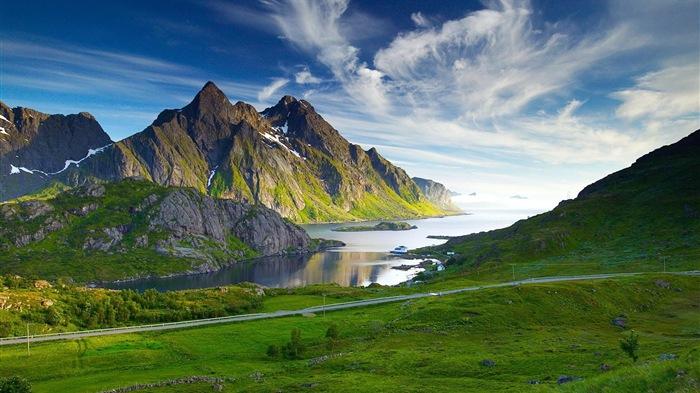Exploring Irish Cultural Norms: Understanding the Values and Traditions That Define Irish Identity
Ireland may be a small country on the map, but it has a rich culture that has captivated the world for centuries. Whether it’s through literature, music, or dance, Ireland’s traditions have a unique way of captivating people’s hearts and minds. Irish cultural norms are built upon the country’s rich history and are an essential aspect of the nation’s identity. In this article, we’ll explore the values and traditions that define Irish identity.
The Importance of Family
The Irish people place a significant value on family. Family members are often considered the most important people in their lives. The family unit is traditionally composed of parents and children, but in modern Ireland, the term “family” has broadened to include extended family members such as grandparents, aunts, and uncles.
Irish families are known for their warmth, hospitality, and inclusivity. It’s not uncommon for relatives to drop in unannounced and stay for an extended period. This frequent interaction with family members often results in strong bonds that last a lifetime.
Music and Dance
When it comes to cultural traditions, Irish music and dance are often the first things that come to mind. Music has always played a significant role in Irish culture, and it’s not uncommon to hear traditional Celtic music in local pubs or during festivals.
Traditional Irish Dancing is also a fantastic part of the country’s identity. Many people may recognize Irish dancing from popular films, but this group dancing is a vital part of the Irish culture. Many people participate in Irish dancing throughout their life, and it is often a source of pride for the Irish.
Reverence for Religion
Irish society is heavily influenced by religion, and Christianity has played an essential role in its cultural development. Traditionally, Catholicism is the dominant religion, but there are increasing numbers of Protestants and people who do not subscribe to any religion.
Religion has played a significant role in Ireland’s history, and many of its traditions are rooted in religious beliefs. For example, many of the country’s holidays and festivals are religious events. St. Patrick’s Day, the Feast of the Immaculate Conception, and Christmas are all celebrated with great enthusiasm throughout the country.
Food and Drink
Ireland has a unique culinary scene, and the country’s traditional cuisine is hearty and filling. Irish cuisine draws heavily on the country’s agricultural heritage, and meat and potatoes are staples in many dishes. The Irish are also known for their love of seafood, and it’s not uncommon to see fish and chips on restaurant menus.
The Irish have a reputation for enjoying a pint or two of Guinness, but the country is also home to many excellent whiskey and gin distilleries. Traditional pubs are an important part of the country’s cultural identity, and many of them serve as gathering places for locals and tourists alike.
Conclusion
Exploring the cultural norms of Ireland is a fantastic way to understand the nation’s identity. Family, music, dance, religion, food, and drink are all essential components of Irish culture. From the warmth and hospitality of Irish families to the lively sounds of Irish music and dance, Ireland has a unique cultural identity that is worth exploring.
(Note: Do you have knowledge or insights to share? Unlock new opportunities and expand your reach by joining our authors team. Click Registration to join us and share your expertise with our readers.)
Speech tips:
Please note that any statements involving politics will not be approved.
